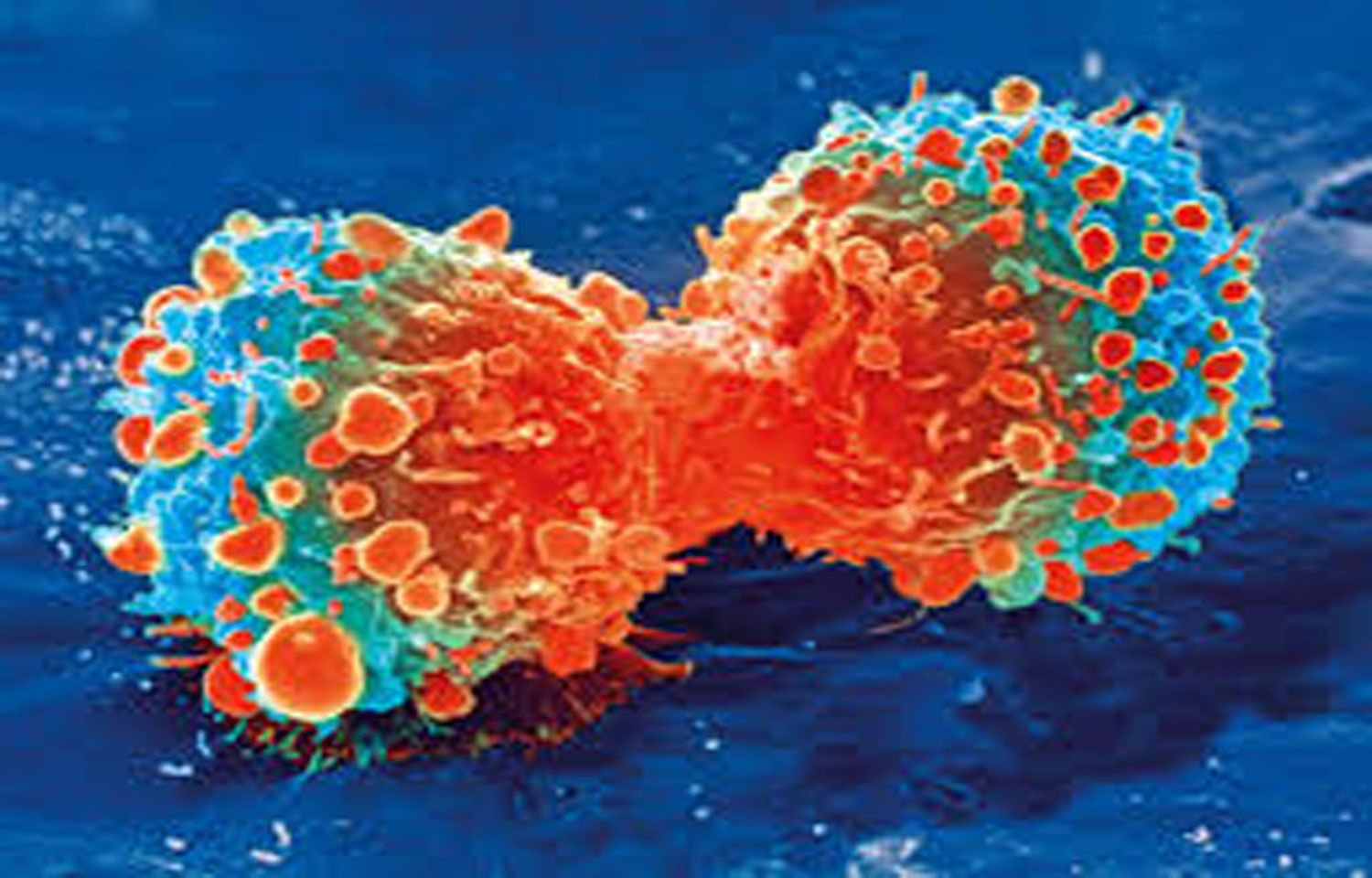India’s first dedicated state-of-art precision oncology treatment center was launched under the name of Dr. AV Cancer Institute of Personalized Cancer Therapy and Research in Gurugram. The center was inaugurated by the guest of honor Shri Kaushal Kishore, Minister of Housing and Urban Affairs of India, on 15th March 2023. Special invitees included eminent oncologists namely Padma Shri Dr. PK Julka, Dr. Jyoti Wadhwa, Dr. Suneel Garg, Dr. Ankit Batra, Dr. Peush Bajpai, Dr. Arun Goel, Dr. AK Anand, Dr. Nitesh Rohatgi, Dr. Shubham.
The founder and Director of the Dr. AV Cancer Institute, Dr. Amit Verma, said, “All patients should undergo genomic testing using Next Generation Sequencing (NGS) at the time of cancer diagnosis in order to find various treatment options. I believe in empowering patients to make the right treatment selection for themselves even when they have failed multiple lines of treatments.” He envisions opening multiple centers across the country to make precision oncology treatment accessible and affordable. He has been in the practice of precision oncology for more than a decade and believes in spreading awareness and promoting education about the same.
Many patients from India go abroad for getting newer forms of cancer treatment. Now, a contemporary treatment based on precision oncology is available in India. This contemporary approach is based on the newer science of precision oncology where tumor genes are studied and the right treatment including targeted therapy and immunotherapy is given to the patient either alone or in combination. This treatment attacks the cancer cells and the underlying survival mechanisms utilized by the cancer cells. This is more effective and has fewer side effects as compared to blanket chemotherapy based on the stage and histology of the tumor.
On this occasion Dr. Arun Goel said “Diseases like cancers take time to develop, long exposure to carcinogenic materials like nicotine is one of the prevalent causes of cancer.”
The event was attended by various cancer experts of all specialties including medical, surgical, radiation, and pathology from various premier institutes of the country. It was also attended by the pharma and diagnostic industry personnel who are in this sphere of genomic testing, targeted therapies, immunotherapies, and precision oncology.









